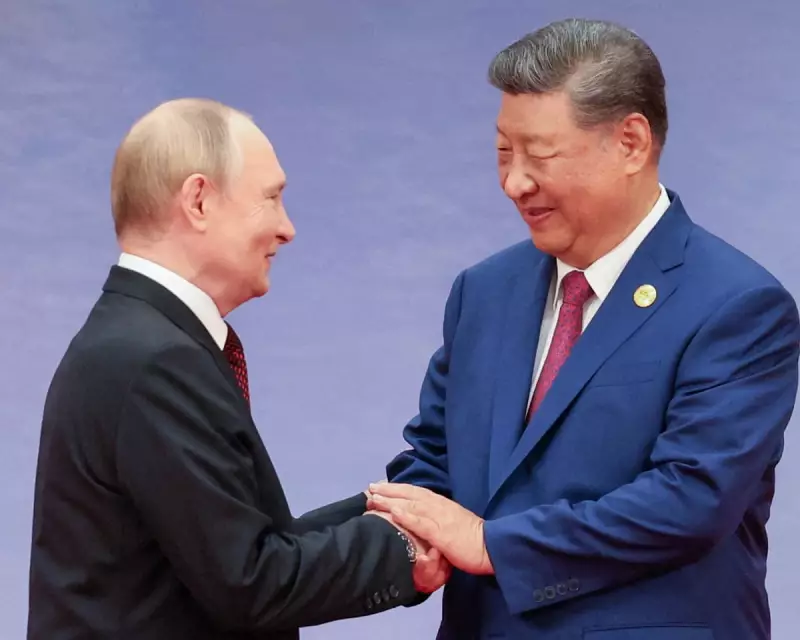
In a powerful display of military might and deepening geopolitical alliances, China commemorated its Victory Day with a sprawling parade in Beijing, witnessed by two of the world's most contentious leaders: Russia's Vladimir Putin and North Korea's Kim Jong-un.
The event, marking the 80th anniversary of the end of World War II, transformed into a stark showcase of a burgeoning 'axis of upheaval' that is poised to challenge the existing international order. The sight of the three leaders together sent a chilling message to Western capitals, underscoring a significant shift in global power dynamics.
A United Front Against the West
The parade itself was a spectacle of modern militarisation. Thousands of troops marched in precision, followed by advanced weaponry including hypersonic missiles and stealth drones, all paraded under clear blue skies. For President Xi, it was an opportunity to project national strength and unity to a domestic audience.
However, the true headline for international observers was the diplomatic assembly on the viewing platform. The presence of Putin and Kim, both heavily sanctioned and isolated by the West, standing shoulder-to-shoulder with Xi, illustrates a deliberate and formidable consolidation of anti-Western forces.
Implications for Global Security
Analysts are quick to point out the profound implications of this gathering. This trilateral camaraderie suggests enhanced cooperation that could extend into more dangerous realms, including:
- Military technology transfers, potentially bolstering North Korea's and Russia's capabilities.
- Shared intelligence and joint strategic planning against common adversaries.
- A strengthened economic front to circumvent international sanctions.
This show of unity disrupts long-standing diplomatic calculations and presents a direct challenge to the security architecture of Europe and the Indo-Pacific region. The UK and its allies are now faced with a more coordinated and resistant opposition.
A Message to the World
Beyond the tanks and missiles, the parade was a potent piece of political theatre. For Xi Jinping, hosting these leaders is a bold statement that China is not only willing but eager to lead an alternative bloc of nations. It signals a move away from cautious diplomacy towards a more assertive, leadership role in global affairs, championing a vision starkly different from that of the US and its partners.
The formation of this new axis marks a pivotal moment in 21st-century geopolitics, setting the stage for increased global tension and a renewed era of great power competition.





